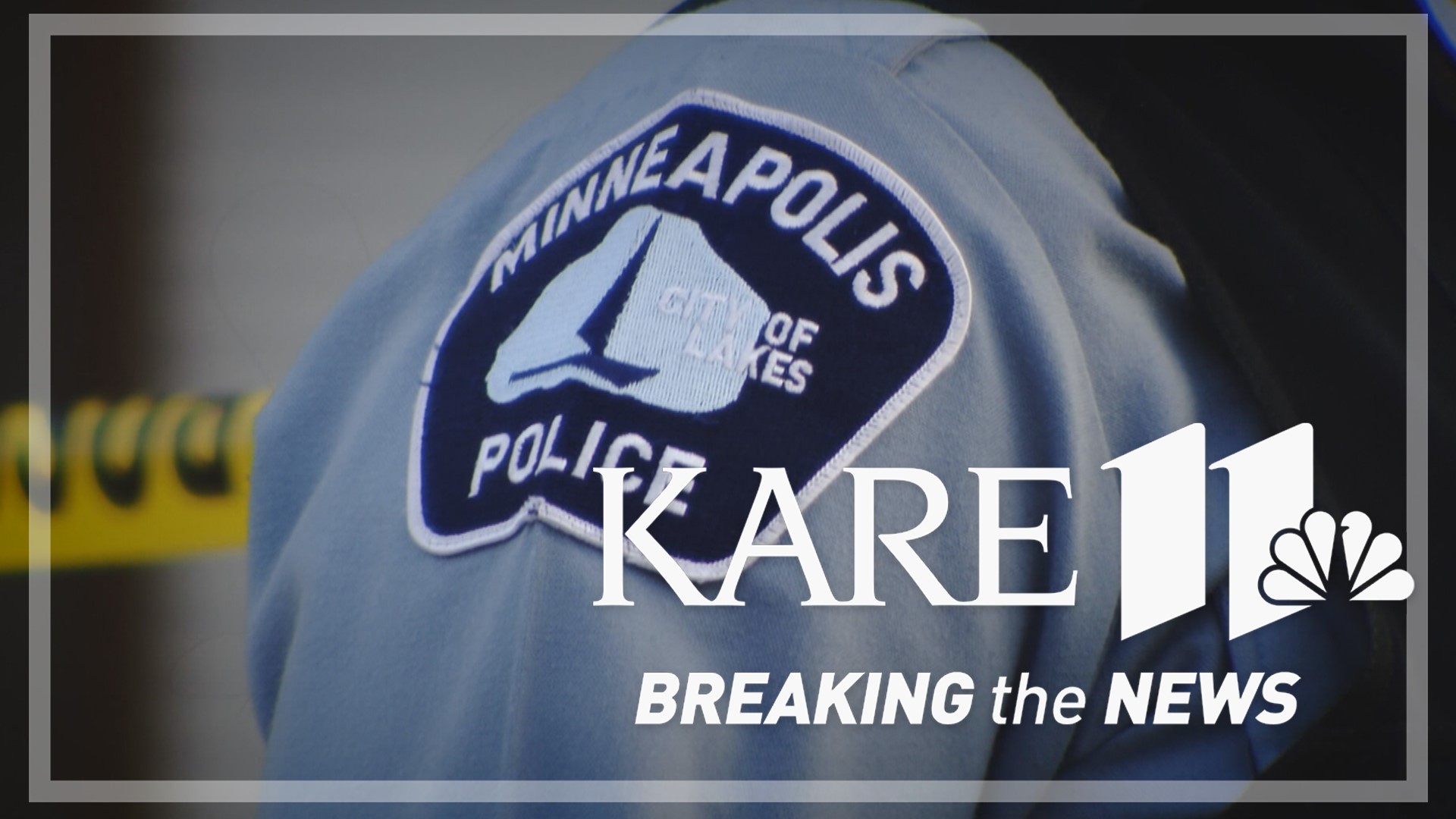ST PAUL, Minn. — EDITOR'S NOTE: This article has been updated to reflect corrected numbers after Professor David Schultz acknowledged a mistake in his study's original findings.
Cities, counties and state agencies in Minnesota have spent tens of millions of dollars settling claims of officer misconduct, but the exact number is elusive because there's no statewide reporting requirement for such settlements.
That's the finding of The Price of Injustice, a new report by Hamline University political science professor David Schultz. He set out two years ago to try to get a clearer picture of how much taxpayers have been asked to pay for errors by law enforcement.
"There’s no state database that reports this. There’s no national database," Schultz explained. "And after George Floyd was murdered, I kept getting these calls from a lot of reporters asking where’s all this data collected. I said there is no place. It's not being collected."
The City of Minneapolis maintains an online officer conduct payout dashboard that includes the total dollars paid, as well as breakout charts detailing the cases. But getting a grip on the statewide payout picture required reeling it in from hundreds of sources.
Schultz worked with a group of his college students and the nonprofit Public Record Media to start the gathering process. They sent data practices requests to 239 different statewide and local governmental entities, focusing on cities above 5,000 population, counties, Metro Transit, and the State Patrol.
"In that group, 70 percent reported zero payouts over conduct, while 30 percent had made those payments. We found approximately 500 situations we found across the state of Minnesota in which municipalities, governments paid out for police misconduct."
Minneapolis, the state's largest city, led the pack, with 177 payouts during that time period, followed by Bloomington, which reported 126, and St. Paul with 47.
"This report is neither pro-police or anti-police. For people who are pro police they can come back and say over a 10-year period only 495 over millions of interactions is pretty good. For people who are, let’s say anti-police and want reforms, they could say 495 there’s some problems here."
Schultz's team initially came up with a grand total of $160,784,822 in payouts across that 11-year time frame, with $136,535,708 from Minneapolis. The City of Minneapolis disputed Schultz's total, citing the city's dashboard which showed a tally of $36,535,708 -- exactly $100 million lower than the Schultz report's figure.
In an email to KARE 11 on Thursday, Schultz acknowledged his team made a mistake in its reporting of the Minneapolis figure.
"Mistakes happen and I accept responsibility for one that I made in my report," Schultz said in his email. "I am not sure how the error happened but I take full responsibility for it and am taking corrective action to amend and correct the report."
Schultz said the corrected total payout is $60,784,822 with $36,535,708 as the estimated correct total payment for Minneapolis.
"The basic conclusions of the report also remain basically the same. Specifically, we still do not have the level of specificity in details to ascertain many critical issues when it comes to payouts for police misconduct," Schultz said.
The report focused on the period between Jan. 1 of 2010 and Dec. 31 of 2020 so it does not include the City of Minneapolis's $27 million payout to the family of George Floyd in 2021.
It does include the city's $20 million settlement with John Ruszczyk, the father of Justine Damon Ruszczyk. She was shot to death by an MPD officer in 2017 after calling 9-1-1 to report an attack in her southwest Minneapolis neighborhood.
Bloomington Police Chief Booker Hodges said the report is misleading because the list of 126 incidents his city provided to the researchers included many property damage claims rather than excessive force cases and other blatant misconduct.
"If you look at the data 53 of those claims resulted in no payments to claimants," Hodges said in a video statement posted to YouTube.
"Furthermore, the majority of those claims were not allegations of misconduct, meaning they were not allegations we were out there using force on people. The majority of those claims for damage to property and autos."
He cited an example of officers breaking down a door to reach a woman who was having a medical emergency, something that doesn't come to mind when people talk about police misconduct.
"Accurate data is key. This report, unfortunately, does not provide an avenue to do that," Hodges remarked. "Our officers go out here every single day and demonstrate respect."

